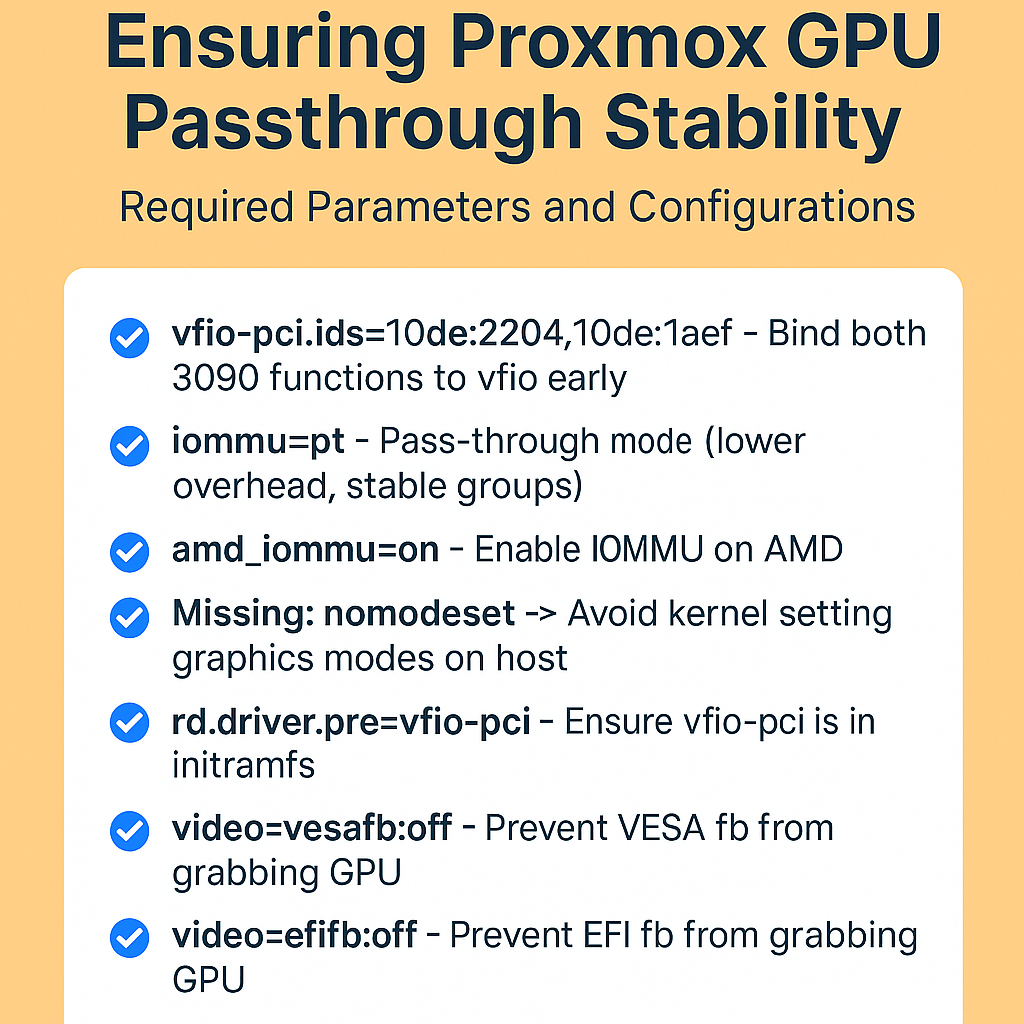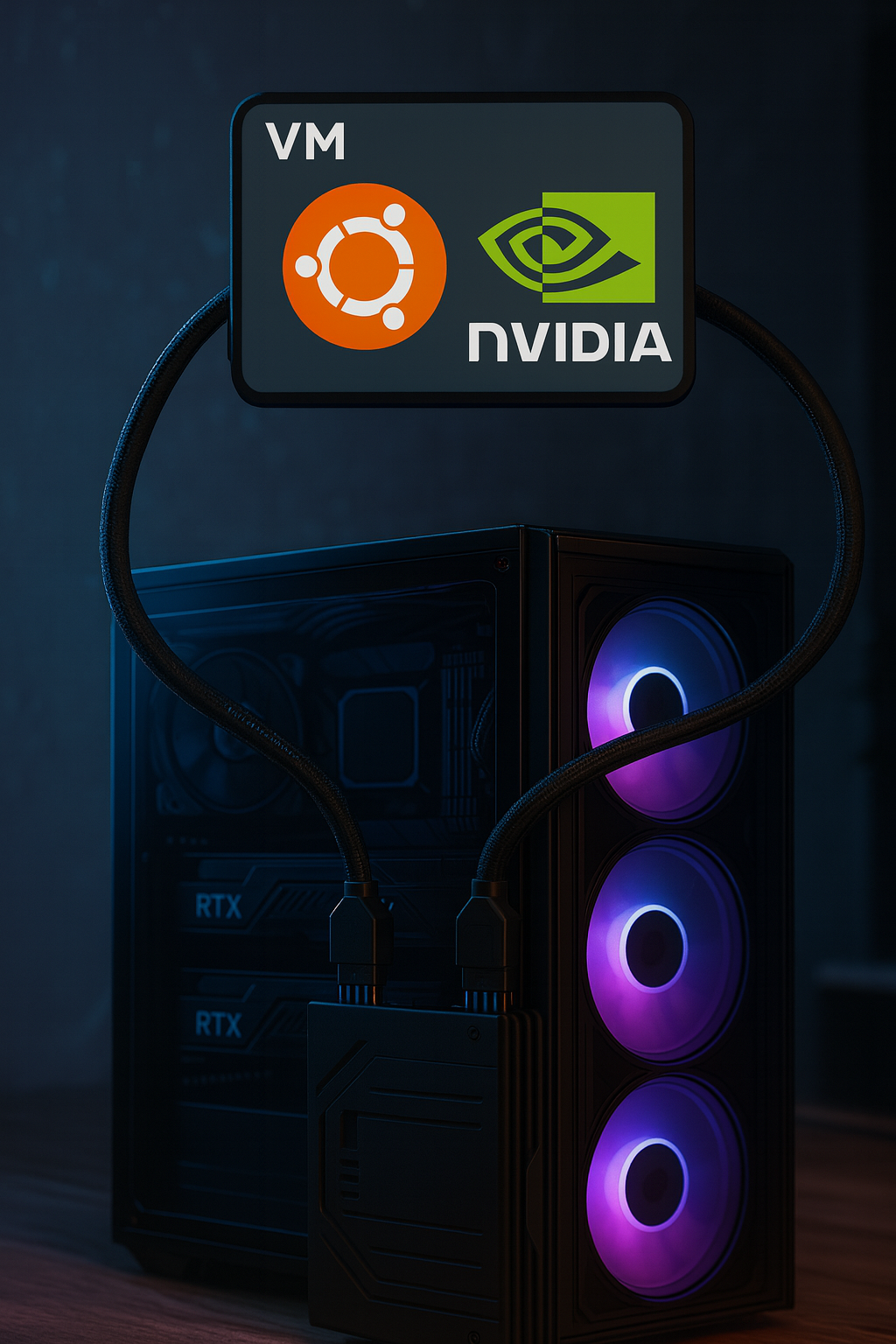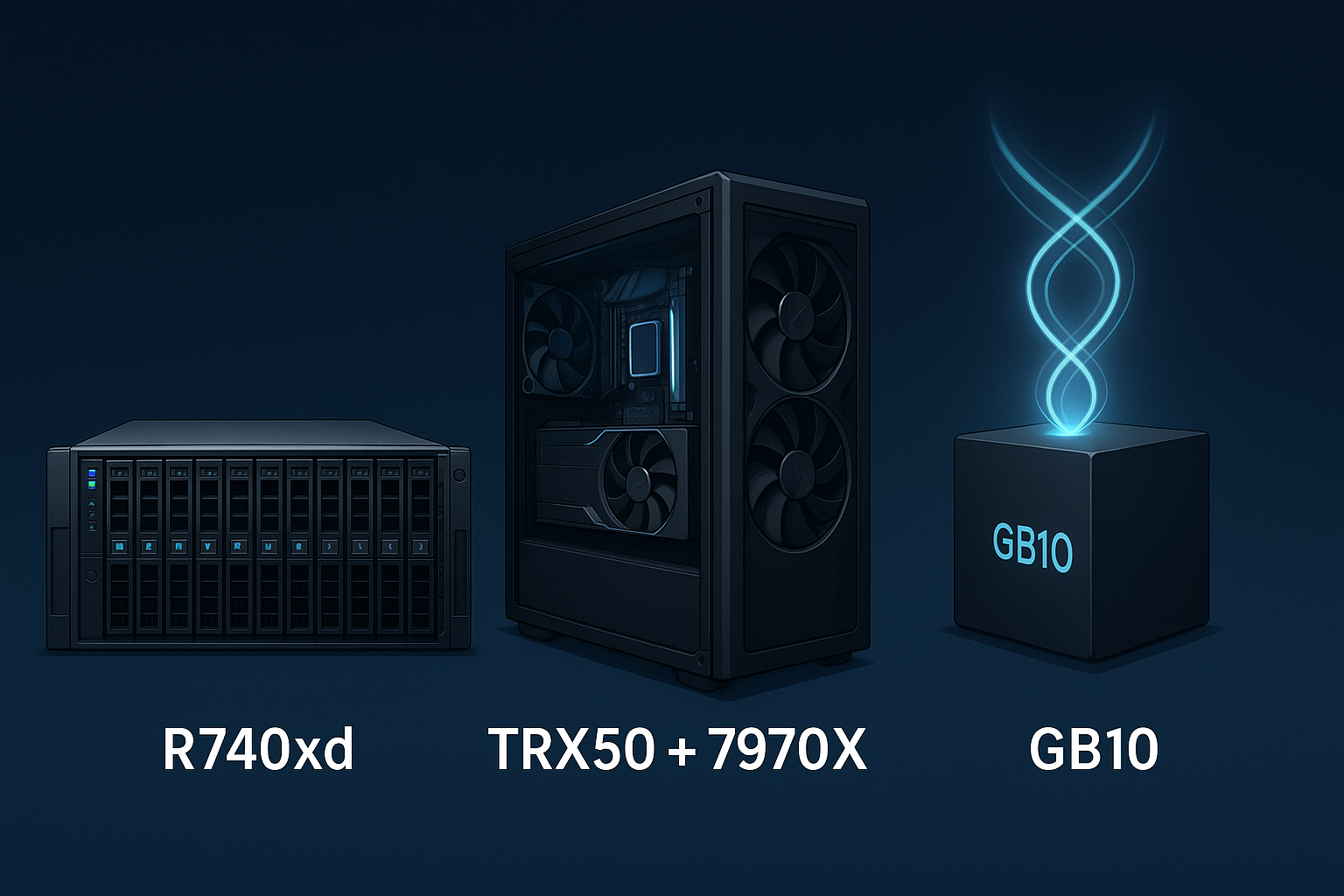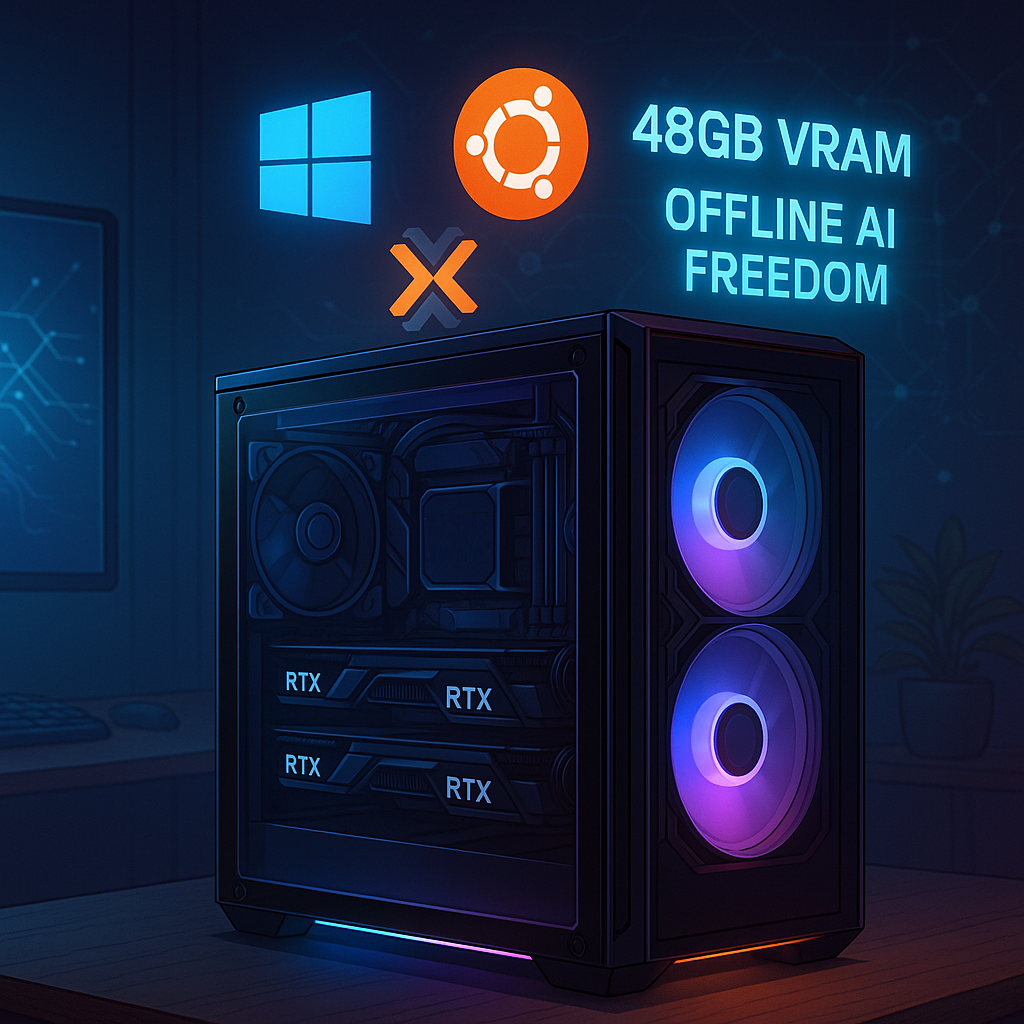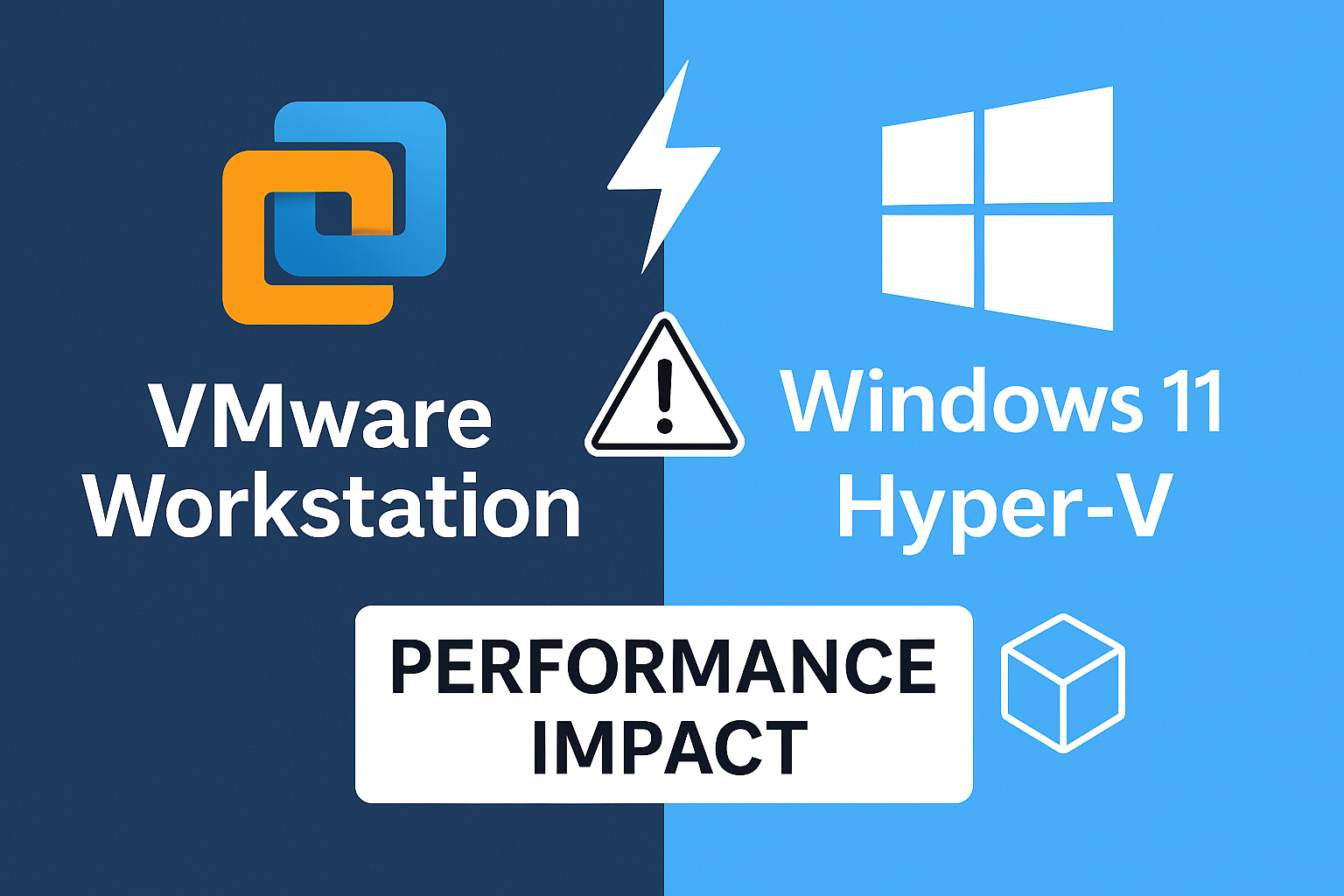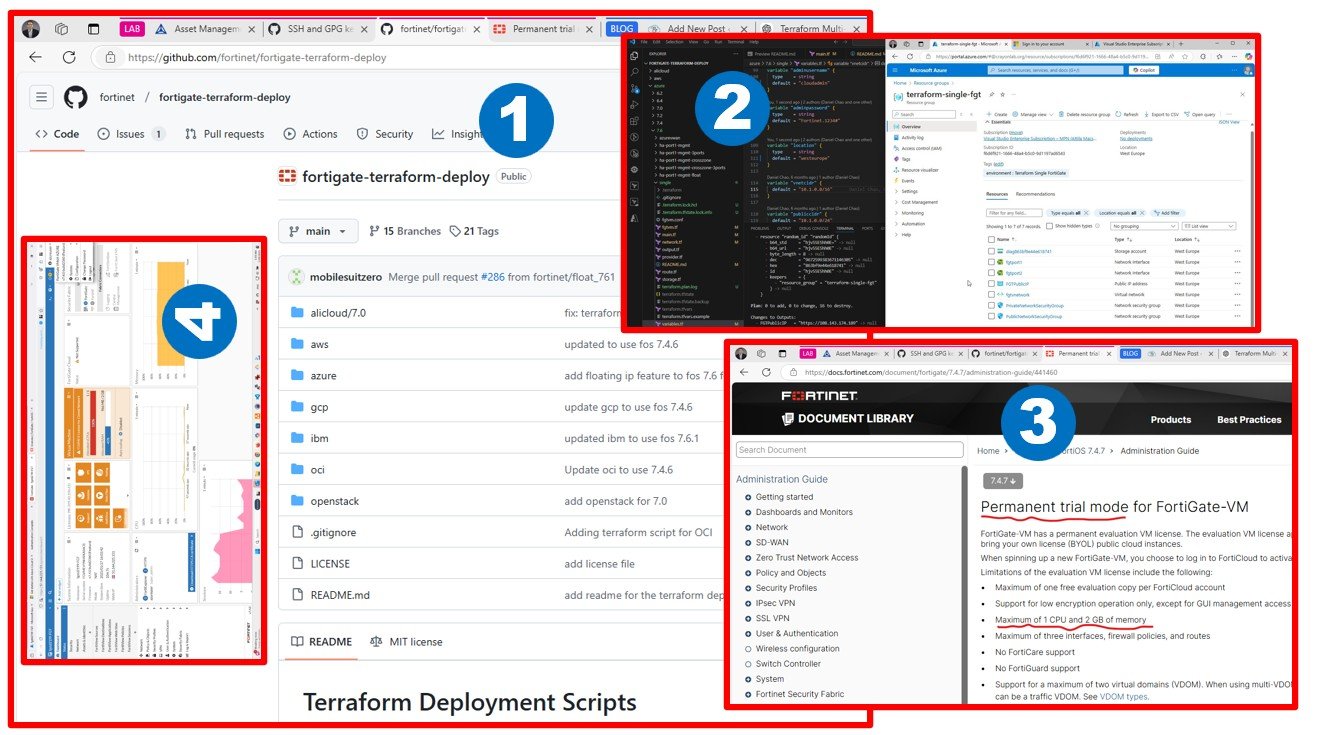TECHNICAL TRACK
Here is the current status of my achievements: Attila Macskasy – Badges – Credly
I spent the majority of my time on Microsoft Azure and VMware certifications back in 2021.
Here is my certification path (planning) for 2022
- AWS Certified Solutions Architect – Associate (MARCH)
- VMware Cloud on AWS: Deploy, Configure, Manage 2021 (APRIL)
- VMware Cloud on AWS Master Specialist (APRIL)
- HashiCorp Cloud Engineer Certification – Terraform Associate (MAY)
- Google – Cloud Digital Leader (SUMMER)
- AWS Certified Developer – Associate (SUMMER)
- AWS Certified Advanced Networking – Specialty Certification (AUTUMN)
- AWS Certified Solutions Architect – Professional Certification (WINTER)
I think VMware Tanzu Mission Control is great, and to better support cloud-native workloads I am planning to gain experience on Kubernetes topic
- Certified Kubernetes Administrator (CKA) / Kubernetes Fundamentals (LFS258)
- VMware’s Kubernetes Fundamentals or VMware vSphere with Tanzu: Deploy and Manage [V7]
- VMware Certified Professional – Application Modernization
- VMware Certified Master Specialist – Cloud Native 2022
LEADERSHIP TRACK
I am kind of addicted to LinkedIn learning since March 2021 when I met my senior mentor at Microsoft.
I noticed that wisdom comes with certain age and experience.
I think LinkedIn courses add value to your personality. To consume and understand the world in a better way. Communicate with more confidence. Understand how to plan or do better at any size organization. With lots of training, you will have a better understanding of why people behave a certain way and how an organization’s senior leadership thinks.
You can’t just learn technology in your 40s. Here is the list of training I completed on LinkedIn.
*** THIS PART IS UNDER CONTSTRUCTION – I WILL MOVE MY COURSES FROM LINKED AND LIST HERE, PRIORITOZE WITH MY RECOMMENDATIONS ***
Please, visit my LinkedIn profile to see a list of courses I enjoyed recently Attila Macskasy | LinkedIn, scroll down to Licenses & certifications part.

Certificates vs. Experiece
When I see people on LinkedIn with an incredible number of exams and badges collected I always have 2 questions:
- how difficult is it to maintain that level of knowledge, i.e. upgrade those certificates; as most cases every year you need to renew them
- I simply cannot believe that someone is a data scientist python guru as well as infrastructure architect who understands everything from VMs and hardcore networking to cloud-native workloads while collecting the highest certifications on business applications (Oracle APEX or Microsoft Power Platform). You cannot have everything.
But you can have history; experience and connections to work on your career vision. Self-awareness. To be able to answer the question of who you are? Why you?
That’s exactly what I am doing together with my friends (mentors) these days to better understand the big bets of the IT industry in the next decade.
My plan was for the last year (2021) is to refresh my history on Azure and VMware. This year (2022) I continue adding new things such as AWS, GCP, and OCI. Investigate more in DevOps and cloud-native workloads.
You can try very new things in your forties but I fully agree with Jack Ma, Alibaba Group CEO: it is better to continue your journey and leverage your past experiences. My favorite quote from his brilliant talk on YouTube:
“When you are 40 to 50 years old you have to do all the things that you are good at. Don’t try to drop into the new area. It’s too late. You may be successful but the rate of dying is too big. So 40 to 50 think about how can focus on things that you are good at.”
Source: Jack Ma Leaves the Audience SPEECHLESS | Jack Ma’s Advices for young People – YouTube
A personal story
To give you context, DP exams are tricky: #300 was a great experience, #203 is not for me. I truly enjoyed preparing and passing leverage my previous Oracle DBA / SQL / PL/SQL developer knowledge in the DP-300 exam. Meanwhile, I noticed, that I am not a data scientist. I know SQL, PL/SQL, T-SQL, etc. But not a Python guru. Not a hardcore mathematician. For curiosity/fun, I tried DP-203 exam and I miserable failed (as expected), with pleasure and a smile on my face.

I am still interested to learn this area, but I decided to go from another part, and I will research and learn Snowflake to get a better understanding of how Azure Synapse Analytics is similar or different from Snowflake Data Cloud offerings. I see more value in preparing for Snowflake Certifications because this is independent of Cloud vendors.
I noticed I am not a Microsoft Teams/Voice or SharePoint guru either; even I was challenged for a short period to learn such. I partly enjoyed and maybe one day this can help me to better design real-time workload migrations; such as session-board controllers etc. But probably there are many people better at this topic so I am not adding value. And that’s OK, I am not a voice expert, as I have no 20+ years of ~Avaya or similar background.

